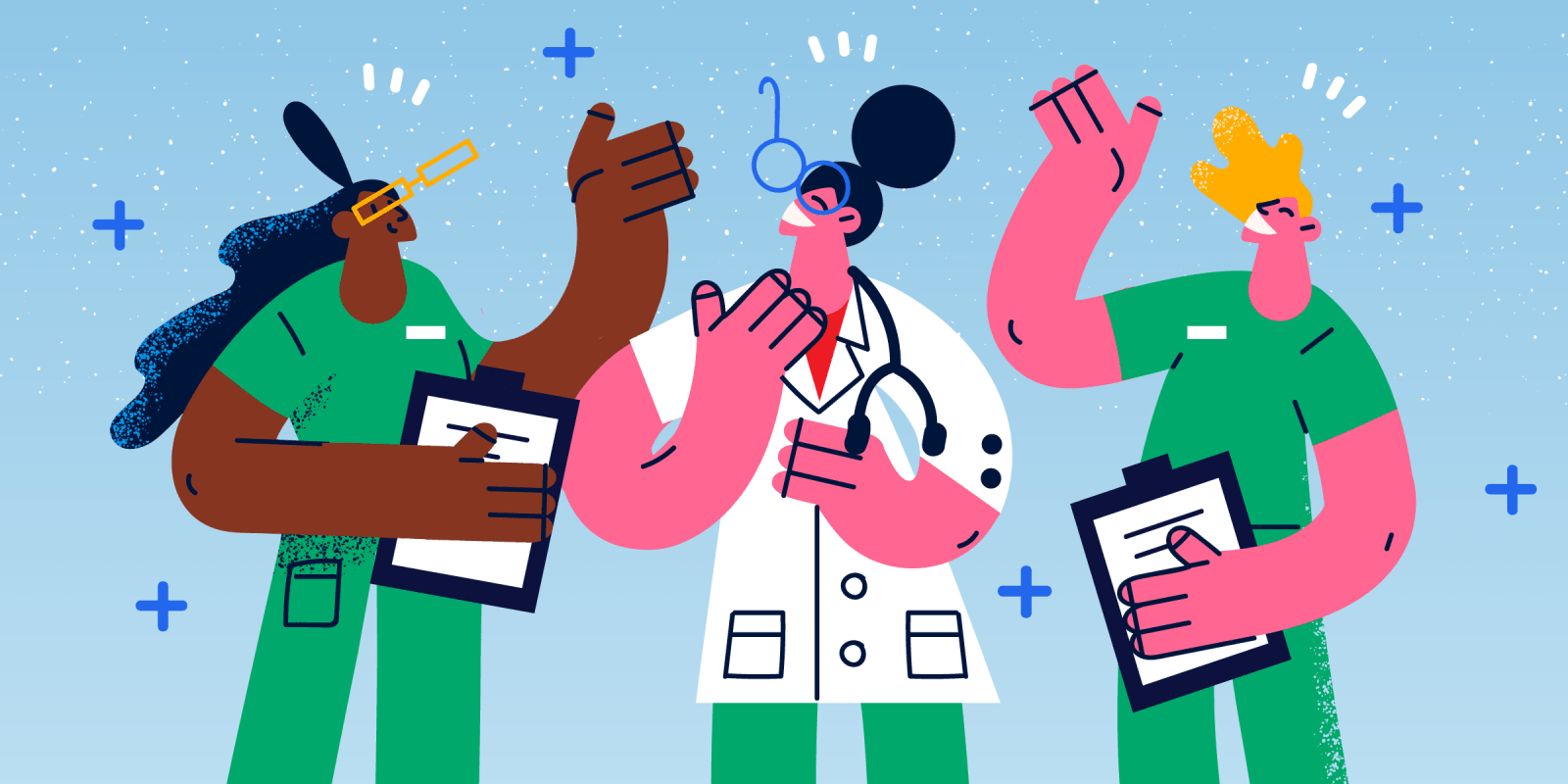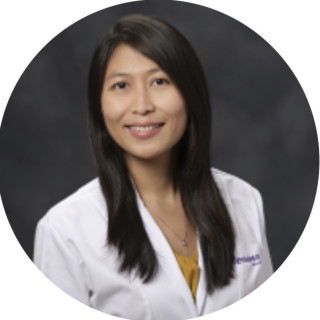As one of the few former academic cardiology fellows who chose to become a community physician, I frequently get questions regarding job options from current fellows and many other academic trainees. Many trainees hesitate to venture into the lesser-known world of community-based practice.
As trainees in academic institutions, we do not get to interact with too many community physicians. It was an eye-opening experience for me toward the end of my fellowship to travel to different practices and explore many different possible careers as a cardiologist, and I ended up choosing community-based practice. I encourage trainees to look into both academic and nonacademic careers to see which could best fulfill their career goals. A disclaimer: Although I consider myself a community physician first and foremost, I do have an academic appointment due to our affiliation with the university, where I teach medical students and residents.
Prior to accepting my position, I mulled over the merits of community-based practice coming from an academic background. But after practicing as a community physician, I have come to love it. Here are five reasons why I absolutely love being a community physician:
First, as a community physician, the bulk of my time is spent seeing patients and developing long-term relationships with them. I have always believed that human connection is key to a fulfilling life, and I get to experience that daily with patients. I do not have fellows or residents handle communication with patients for me; I manage it. It may seem daunting initially, but communicating with patients is the highlight of being a physician for me and key to human connection. Long-term relationships and continuity bring much meaning to our work. I am frequently the cardiologist for a married couple or other family members, and it brings me joy to have connections with the family and be considered the family cardiologist.
Second, the ancillary staff support is quite robust at community practices. Because our time is dedicated to patient care, there are different groups of secretarial support staff to help me with scheduling hospital follow-up, coordinating with anesthesiology for procedures, etc. There is also a sonographer on call should I need an urgent echocardiogram at any time of the day. There is no guilt in offloading nonphysician tasks because everyone is compensated for the work that they do. Because teaching is an option and not an obligation, our residents and medical students are treated as learners, and not secretaries.
This leads to the third reason I love community-based practice: We have the option, not the obligation, to teach. I especially enjoy having motivated residents and medical students with me during my hospital rounding weeks. Their enthusiasm for medicine and curiosity always keep me motivated and grateful for the work I get to do. We are also invited to deliver guest lectures, during which I get to put together my thoughts for any academic topics that may be occupying my mind and share them with learners.
Fourth, there is a lot less hierarchy among colleagues. There are no tenured attendings who may burden younger attendings with the less desirable tasks. We split calls and holiday duties equally (depending on whether one is part time or full time). Everyone helps each other when in need of on-call coverage. In addition, there is more equality in pay — everyone gets paid for the work they put in. It is especially helpful that clinicians of all backgrounds are compensated based on the amount of work they do rather than their background and connections.
Finally, there is excellent collegiality among different types of physicians. We are available and affable when speaking with consulting colleagues in need of our help. We always try to pick up our phone when another physician needs us. Saying yes to helping colleagues creates smooth communication and facilitates patient care, and we typically finish work on time for dinner with our own families, and with good conscience.
Of course, there may be exceptions to my experience at other community practices. Interested clinicians will have to interview and assess each practice to ensure the qualities they care about are met. Many academic institutions have started to adopt a more friendly, equal, and inclusive culture, which is very promising for trainees who wish to continue to invest in research and patient care as academic cardiologists. There is no reason that the perks of being a community physician can’t also apply to being an academic physician.
My love for the community physician position summarily comes from working in a community of egoless physicians, with the ultimate goal of helping patients be healthy while also creating a balanced lifestyle for ourselves.
Have you worked or considered working in a community setting? Share your experiences in the comment section.
Dr. Htet Khine is a cardiologist at Renown Medical Center in Reno, NV. She also serves as a clinical assistant professor at University of Nevada, Reno School of Medicine. She is a strong advocate for women’s cardiovascular health who loves to run and read in her free time. Find her on Twitter @hwkhine.
Image by Alphavector / Shutterstock






